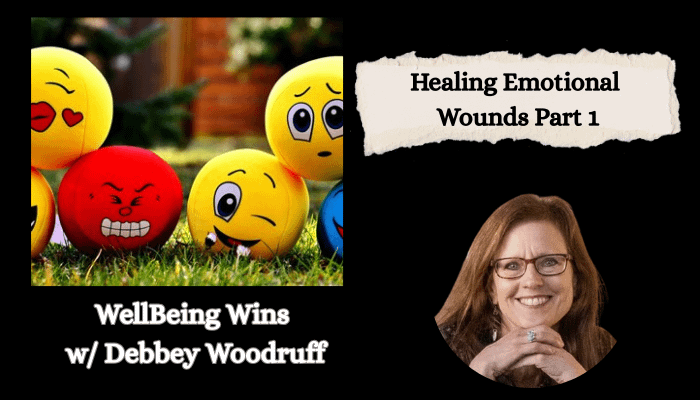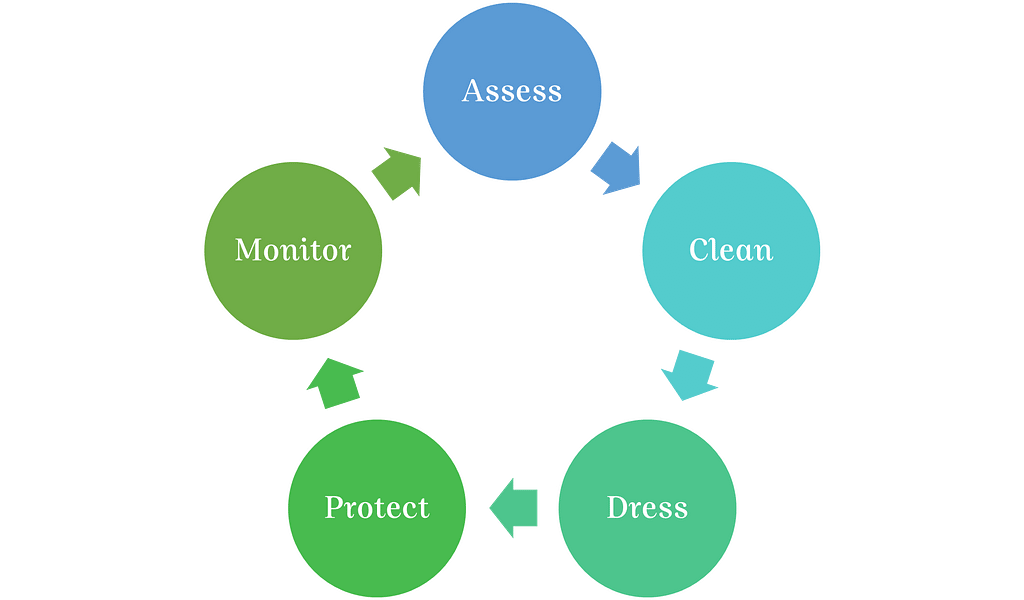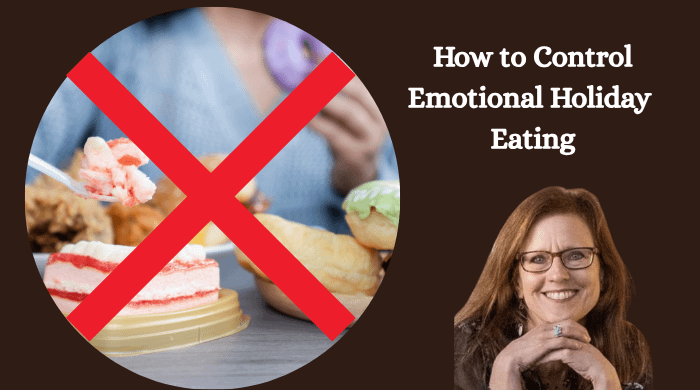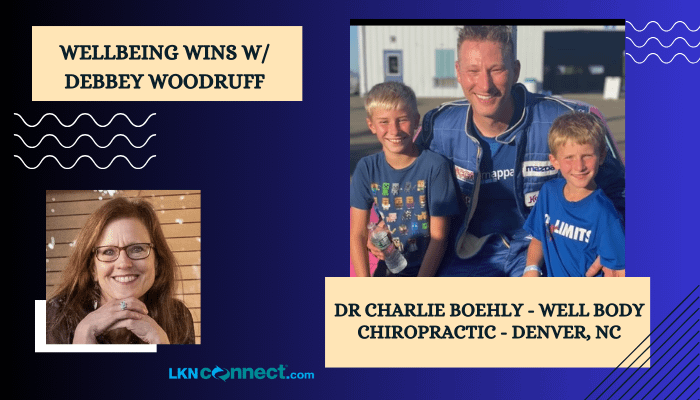
She was called into the office and abruptly let go with the words: “You aren’t the right fit.”
Jaylene was blindsided. She loved her job, poured her energy into delivering a top-notch product, and cared deeply for her customers. Being dismissed so suddenly—and so coldly—wasn’t just unfair, it was deeply painful. And it came at a time when her personal life was already in turmoil. The emotional blow was devastating.
Just like a deep physical wound, emotional wounds need proper care in order to heal. When we suffer a serious physical injury, our natural instinct is to protect the area from further harm. We wouldn’t dream of reopening the wound over and over again. Instead, we bandage it, give it time, and avoid anything that might make it worse.
Ironically, we often treat emotional pain very differently.
Instead of protecting ourselves, we revisit the hurt—replaying the conversation, analyzing every word, and reliving the betrayal. If the experience echoes past wounds, we link them together, deepening the pain and forming emotional scars.
When emotional injuries are left unhealed, they often manifest physically: poor sleep, stubborn weight gain, chronic fatigue, headaches, low immunity. Emotionally, the effects are just as serious—withdrawal, insecurity, blurred personal boundaries, and reacting impulsively rather than responding with clarity.
Healing takes intention. And emotional wounds, like physical ones, deserve our full attention.

In the next WellBEing Wins column, we’ll explain the steps for healing shown below:



